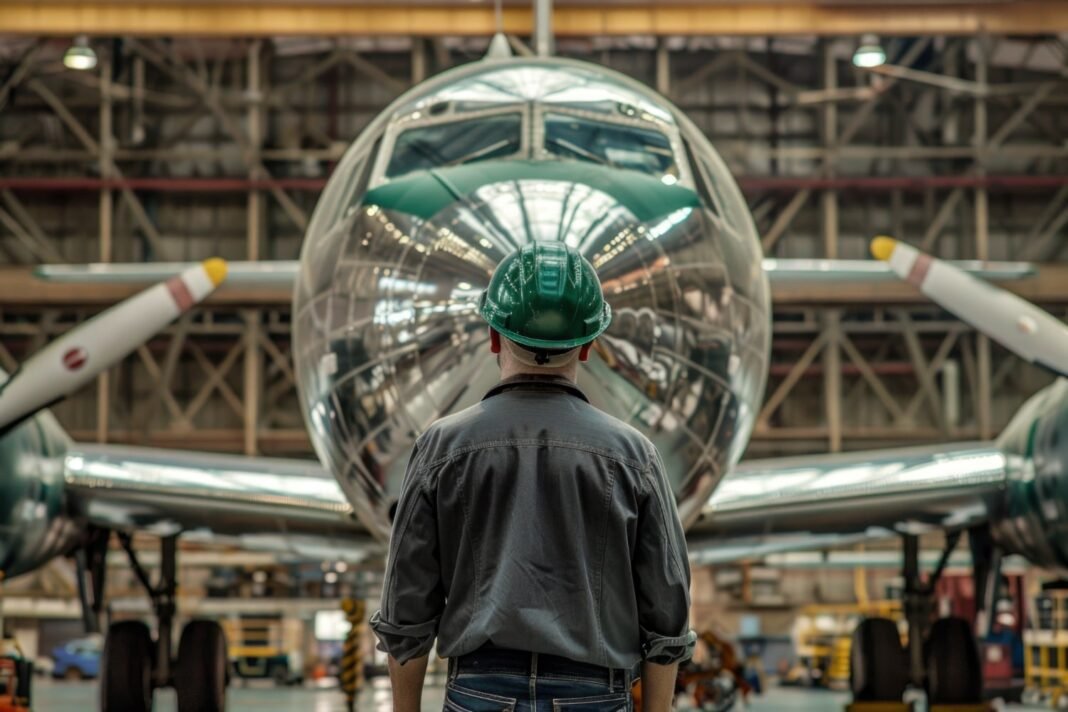As the world increasingly prioritizes climate awareness, Aviation Sustainability has become a primary concern for airlines globally.
At the forefront of this movement is Singapore Airlines, which has recently established groundbreaking partnerships with Neste and World Energy to expedite its journey towards decarbonization.
These strategic collaborations, announced in the first quarter of 2025, represent a significant step forward in the airline’s dedication to achieving a greener, low-carbon future.
Strategic Fuel Collaborations Fueling Sustainable Advancements
The alliance between Singapore Airlines and Neste marks a significant breakthrough.
By securing 1,000 tonnes of pure Sustainable Aviation Fuel (SAF), compliant with the Carbon Offsetting and Reduction Scheme for International Aviation (CORSIA), the airline is actively diminishing its dependence on traditional jet fuel.
This SAF is locally produced at Neste’s refinery in Singapore and is dispensed at Changi Airport, highlighting a complete integration of eco-friendly fuel into Singapore’s aviation infrastructure.
In contrast to fossil-derived options, SAF can reduce lifecycle greenhouse gas emissions by as much as 80%. Since it does not necessitate modifications to current aircraft or fueling systems, it serves as a feasible and effective method for reducing aviation emissions.
Thus, this partnership with Neste not only fortifies the local SAF supply chain but also boosts Singapore’s reputation as a sustainable aviation leader in Asia.
Simultaneously, Singapore Airlines has formed another crucial partnership with U.S.-based World Energy. This collaboration involves acquiring 2,000 tonnes of SAF-linked emissions reductions through the Book & Claim Chain of Custody model.
Although the SAF itself is not physically delivered, this framework allows the airline to claim the environmental benefits, further diversifying the ways SAF is integrated into their operations.
Singapore Airlines’ Proactive Approach to Aviation Sustainability
The collaboration with World Energy adds an important dimension to SIA’s sustainability agenda. Through the Book & Claim system, Singapore Airlines has offset over 9,500 tonnes of CO₂ emissions an achievement that highlights the effectiveness of innovative environmental strategies.
This method not only allows for scalability but also broadens access to SAF, enabling smaller entities within the aviation sector to engage in decarbonization efforts without needing direct SAF supply chains.
These initiatives are not standalone efforts. Instead, they represent a cohesive vision for long-term Aviation Sustainability, illustrating how collaboration within the fuel supply chain can yield substantial outcomes.
By partnering with two global pioneers in renewable energy, SIA enhances the commercial viability of SAF while delivering a clear message to other airlines transformation is both possible and essential.

Promoting Regional Adoption Through Leadership and Advocacy
In addition to its direct fuel acquisitions, Singapore Airlines is leading advocacy initiatives in Asia through the Green Fuel Forward campaign.
This program, launched by the World Economic Forum in conjunction with Singapore’s GenZero, seeks to raise awareness and accelerate the uptake of SAF throughout the Asia-Pacific region.
Additionally, the campaign highlights education an often neglected yet essential aspect of sustainability transitions.
Through workshops, industry presentations, and targeted outreach, Singapore Airlines is not just investing in technology but also in shifting perceptions.
Sustainable Aviation Fuel as a Driver for Industry Transformation
Sustainable Aviation Fuel is gaining traction worldwide for important reasons. Sourced from renewable materials such as used cooking oil, algae, and waste biomass, SAF diminishes reliance on fossil fuels while being highly compatible with current jet engines.
This positions it as an ideal transitional fuel as the industry works towards net-zero emissions.
While current global SAF production accounts for only a small percentage of total jet fuel consumption, initiatives like those by Singapore Airlines are establishing a foundation for swift growth.
With robust regulatory backing and corporate dedication, SAF is set to become the cornerstone of sustainable aviation.
In this regard, Singapore Airlines is not merely responding to environmental demands. Instead, it is actively shaping the future of the aviation industry by integrating sustainability into its fundamental strategy.
From supply chain collaborations to regional advocacy, every action embodies a progressive vision rooted in tangible efforts.
Expert Editorial Comment
The initiatives by Singapore Airlines in collaboration with Neste and World Energy transcend mere corporate achievements they signify a broader transformation in the aviation sector’s commitment to climate responsibility.
By securing access to both physical SAF and emission reduction credits, the airline is leveraging every possible resource to lessen its environmental footprint.
Equally significant, its leading role in the Green Fuel Forward campaign amplifies its impact beyond its own operations, nurturing an environment of innovation and accountability.
Through these initiatives, Singapore Airlines is demonstrating that Aviation Sustainability is not only achievable but vital for future development.
With over 9,500 tonnes of CO₂ emissions offset and a clear strategy for ongoing SAF integration, SIA establishes a strong precedent.
Its actions confirm that airlines can play a crucial role in the global sustainability movement one flight at a time.

